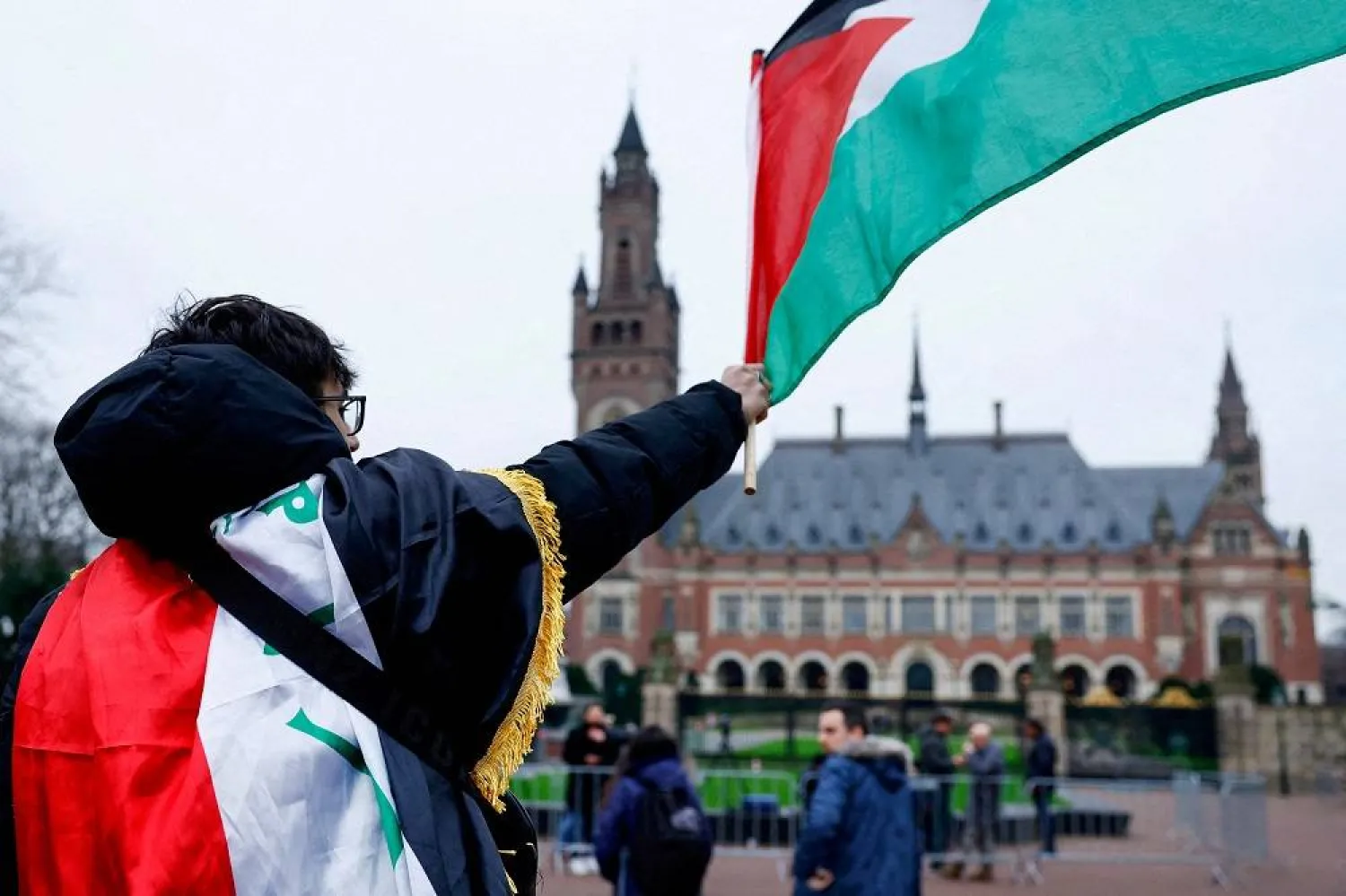Arab states urged international judges on Monday to rule the Israeli occupation of Palestinian territories illegal and Türkiye described the occupation as "the real obstacle to peace" on the final day of hearings in a case examining its legal status.
The International Court of Justice (ICJ) has been hearing arguments from more than 50 states following a request by the UN General Assembly in 2022 to issue a non-binding opinion on the legal consequences of the Israeli occupation.
On the sixth and last day of hearings, Türkiye’s Deputy Foreign Minister Ahmet Yildiz told judges the occupation was the root cause of conflict in the region.
Yildiz also addressed the Oct. 7 attacks by Hamas in Israel, which killed 1,200 people, and Israel's military response that has since killed over 29,000 Palestinians.
"The unfolding situation after October 7 proves once again that, without addressing the root cause of the Israeli-Palestinian conflict, there can be no peace in the region," he said, describing the occupation of Palestinian territories as "the real obstacle to peace" and urging the judges to declare it illegal.
Israel, which is not taking part in the hearings, has said the court's involvement could be harmful to achieving a negotiated settlement to the Israeli-Palestinian conflict, calling the questions posed to the court prejudiced.
The Arab League's secretary general Ahmed Aboul Gheit described the occupation "an affront to international justice" in a statement read out by a representative.
It called upon the ICJ, also known as the World Court, to "confirm the illegality of this occupation and unambiguously rule on the legal consequences for all parties, especially those who turn a blind eye, facilitate, assist, or participate in any way in perpetuating this illegal situation".
Last week, Palestinian representatives asked the judges to declare Israel's occupation of their territory illegal and said its opinion could help reach a two-state solution to decades of Israeli-Palestinian conflict that has now devastated Gaza.
The judges are expected to take roughly six months to issue an opinion on the request.









